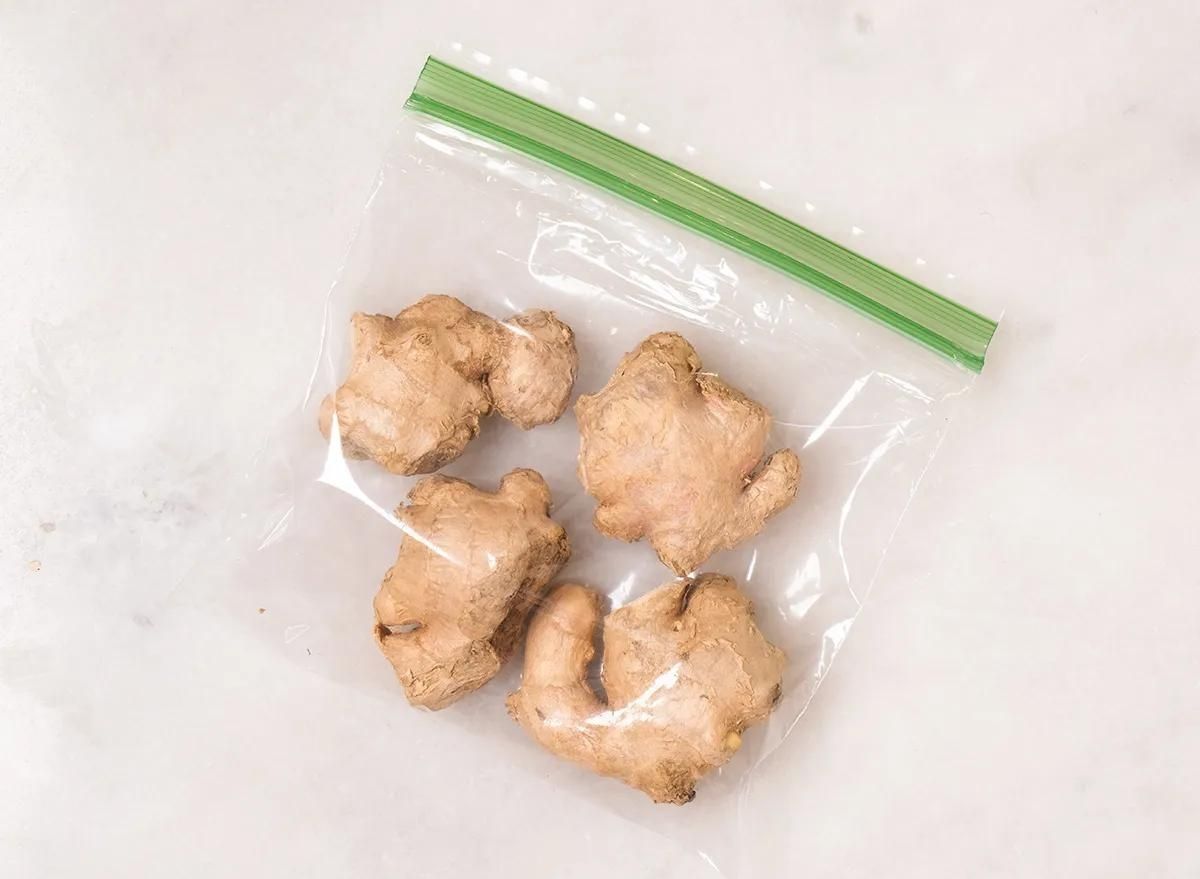

Articles
How To Store Raw Ginger
Modified: December 7, 2023
Learn the best methods for storing raw ginger in this informative article. Keep your ginger fresh and flavorful for longer periods with these tips and tricks.
(Many of the links in this article redirect to a specific reviewed product. Your purchase of these products through affiliate links helps to generate commission for Storables.com, at no extra cost. Learn more)
Introduction
Raw ginger is a versatile and aromatic root that is widely used in cuisines around the world. With its distinct flavor and numerous health benefits, ginger is a valuable ingredient to have in your kitchen. Whether you use it to spice up your dishes or enjoy its medicinal properties, storing raw ginger properly is essential to maintain its freshness and potency.
In this article, we will explore the various methods you can use to store raw ginger to preserve its flavor and maximize its shelf life. We will also delve into the benefits of consuming ginger and provide tips on choosing and buying the best quality ginger.
So, if you’re ready to learn how to store raw ginger like a pro and ensure that you always have this fantastic ingredient on hand, let’s get started!
Key Takeaways:
- Store raw ginger in the refrigerator, freezer, or by drying to maintain its freshness and potency. Use it to add flavor to dishes and enjoy its health benefits.
- Choose high-quality ginger, store it properly, and incorporate it into cooking and remedies to elevate your culinary creations and support your well-being.
Read more: How To Store Ginger
Benefits of Raw Ginger
Raw ginger is not only a flavorful addition to your culinary creations, but it is also packed with a plethora of health benefits. Let’s explore some of the reasons why incorporating raw ginger into your diet can have a positive impact on your well-being:
- Anti-inflammatory properties: Ginger contains potent anti-inflammatory compounds called gingerols. These compounds have been shown to reduce inflammation in the body, making ginger a natural remedy for conditions such as arthritis and muscle soreness.
- Digestive aid: For centuries, ginger has been used to alleviate digestive issues such as nausea, bloating, and indigestion. It works by stimulating the production of digestive enzymes, improving gut motility, and soothing the digestive system.
- Immune booster: The high levels of antioxidants present in ginger can help strengthen the immune system and protect the body against common illnesses such as colds and flu. Ginger also has antimicrobial properties that can help fight off infections.
- Reduced muscle pain: Athletes and individuals who engage in intense physical activity can benefit from the pain-relieving properties of ginger. Consuming ginger can help reduce muscle soreness and promote faster recovery.
- Improved cognitive function: Some studies suggest that the antioxidants and bioactive compounds in ginger may help improve brain function and protect against age-related cognitive decline.
- Heart health: Ginger has been linked to improved heart health by reducing blood pressure and cholesterol levels. It may also help prevent the formation of blood clots, reducing the risk of heart disease.
- Weight management: Ginger has been shown to increase metabolism and promote fat burning, making it a potential aid in weight loss efforts.
These are just a few of the many benefits that raw ginger has to offer. Incorporating this incredible root into your diet can have a significant impact on your overall health and well-being.
Choosing and Buying Fresh Ginger
When it comes to buying fresh ginger, it’s important to choose high-quality roots that are firm, smooth, and aromatic. Here are some tips to help you select the best ginger:
- Look for firmness: Choose ginger roots that are firm and free of any soft spots or wrinkles. A firm root indicates freshness and ensures that you’ll get the best flavor and texture.
- Check for smooth skin: The skin of fresh ginger should be smooth and taut. Avoid roots with wrinkled or shriveled skin, as this can be a sign of dryness and loss of flavor.
- Consider the aroma: The aroma of fresh ginger should be strong and spicy. Give it a sniff to ensure that it has a pleasant and invigorating scent. Avoid ginger that has a musty or moldy smell.
- Opt for organically grown ginger: Whenever possible, choose organic ginger to minimize exposure to pesticides and chemicals. Organic ginger is also thought to have a richer flavor profile.
- Avoid ginger with visible mold or rot: Check the ends and the stem of the ginger root for any signs of mold or decay. It’s best to avoid ginger that shows any signs of spoilage.
- Consider the size: Ginger roots come in different sizes, ranging from small to large. Choose a size that suits your needs. Larger roots may be more cost-effective if you plan to use ginger frequently.
When shopping for fresh ginger, it’s also important to consider the quantity you need. Buy only what you can use within a reasonable period to ensure freshness. If you’re unsure about how much ginger to purchase, start with a smaller amount and gradually increase as needed.
By being selective and paying attention to the quality of the ginger roots, you can ensure that you’re bringing home the best ingredients for your cooking and enjoying all the wonderful flavors and benefits that ginger has to offer.
Properly Storing Raw Ginger
To maintain the freshness and flavor of raw ginger, it’s crucial to store it properly. Here are three effective methods for storing raw ginger:
Method 1: Refrigerating Fresh Ginger
Refrigerating ginger is an excellent method to prolong its shelf life and retain its freshness. Here’s how to do it:
- Wrap the ginger: Before refrigerating, wrap the ginger tightly in a paper towel or place it in a perforated plastic bag. This helps absorb excess moisture and prevent mold formation.
- Place in the vegetable crisper: Store the wrapped ginger in the vegetable crisper drawer of your refrigerator. Make sure to keep it away from other strongly scented foods to avoid flavor transfer.
- Check and replenish: Periodically check the ginger for any signs of softness or mold. If needed, replace the paper towel or bag to maintain freshness.
- Shelf life: When stored properly in the refrigerator, fresh ginger can last for up to three weeks.
Read more: How To Store Garlic And Ginger
Method 2: Freezing Raw Ginger
Freezing is another effective method for storing raw ginger for an extended period. Follow these steps:
- Prepare the ginger: Wash and dry the ginger thoroughly. You can leave the skin on or peel it, depending on your preference.
- Grate or slice: Grate or slice the ginger into small pieces for easier use in recipes. Alternatively, you can also freeze whole ginger roots.
- Package and seal: Place the grated or sliced ginger in an airtight container or freezer bag. Remove as much air as possible before sealing to prevent freezer burn.
- Freeze: Place the container of ginger in the freezer and allow it to freeze completely.
- Shelf life: Frozen ginger can be stored for up to six months.
Method 3: Drying Ginger
Drying ginger is an excellent option if you want to extend its shelf life even further. Here’s how to dry ginger:
- Slice the ginger: Peel the ginger and slice it into thin, uniform pieces.
- Dehydrate the ginger: Place the ginger slices on a dehydrator tray or spread them out on a wire rack. Dry the ginger in a dehydrator or an oven set at a low temperature (around 120°F or 50°C) until fully dried and crispy.
- Store in an airtight container: Once the ginger is completely dry, transfer it to an airtight container and store it in a cool, dark place.
- Shelf life: Dried ginger can last up to a year when stored properly.
By following these storage methods, you can enjoy the flavor and health benefits of ginger for an extended period, ensuring that it is always available for your cooking or homemade remedies.
Method 1: Refrigerating Fresh Ginger
Refrigerating fresh ginger is a simple and effective method to prolong its shelf life and maintain its flavor. It helps to slow down the decomposition process and prevent any moisture-related issues. Here’s how you can refrigerate fresh ginger:
- Preparing the ginger: Start by selecting a fresh ginger root that is firm, plump, and free from any wrinkles or soft spots. Rinse the ginger under cold water to remove any dirt or debris on the surface.
- Drying the ginger: After washing, pat the ginger dry with a clean towel to remove excess moisture. It’s essential to dry the ginger thoroughly to prevent any moisture buildup, which can lead to mold or spoilage.
- Wrapping the ginger: Take a piece of paper towel and wrap the ginger tightly. This will absorb any excess moisture and help to maintain the freshness of the ginger. Alternatively, you can also place the ginger in a perforated plastic bag, which allows for some airflow.
- Storing in the refrigerator: Place the wrapped ginger in the vegetable crisper drawer of your refrigerator. The cool and controlled environment of the refrigerator will help to slow down the degradation process and preserve the flavor and texture of the ginger.
- Checking and replenishing: Periodically check the ginger for any signs of spoilage, such as softness or mold. If you notice any issues, remove the affected portion and re-wrap the remaining ginger in a fresh paper towel or bag.
- Proper placement: It’s important to store the ginger away from any strongly scented foods in the refrigerator. Ginger can absorb odors, which may alter its natural flavor and aroma.
- Shelf life of refrigerated ginger: When stored properly in the refrigerator, fresh ginger can maintain its quality for up to three weeks. However, it’s always a good idea to inspect the ginger before using it in any recipe.
By refrigerating fresh ginger, you can ensure that it stays fresh and ready to use whenever you need it. Whether you’re adding ginger to your favorite dishes or using it for its medicinal properties, properly storing it in the refrigerator will help maximize its shelf life and preserve its distinct flavor.
Method 2: Freezing Raw Ginger
Freezing raw ginger is a convenient way to store it for an extended period while preserving its flavor and texture. Freezing ginger allows you to have a readily available supply whenever you need it. Here’s a step-by-step guide on how to freeze raw ginger:
- Preparing the ginger: Start by selecting fresh ginger roots that are firm and free from any blemishes or soft spots. Rinse the ginger under cold water to remove any dirt or debris.
- Peeling (optional): You can choose to peel the ginger or leave the skin intact, depending on your preference. Peeling the ginger will make it easier to use in recipes.
- Slicing or grating: Slice or grate the ginger into small pieces. Slicing allows for easy handling, while grating creates a finer texture that is convenient for adding to dishes or beverages.
- Portioning: Divide the ginger into smaller portions that you would typically use in a recipe. This makes it easier to take out exactly what you need without having to thaw the entire batch.
- Packaging: Place the ginger pieces in an airtight container or a resealable freezer bag. Make sure to remove as much air as possible before sealing to prevent freezer burn.
- Labeling and dating: To keep track of the freezing time, label the container or bag with the date of freezing. Ginger can be stored in the freezer for up to six months.
- Freezing: Place the container of ginger in the freezer and allow it to freeze completely. Make sure to position it in a way that keeps the ginger pieces flat and prevents them from sticking together.
- Thawing: When you’re ready to use the frozen ginger, simply remove the desired amount from the freezer and thaw it in the refrigerator for a few hours or use it directly in recipes without thawing.
By freezing raw ginger, you can extend its shelf life and have ginger readily available for your culinary experiments. Whether you’re making a curry, preparing a stir-fry, or brewing some ginger-infused tea, having frozen ginger on hand is a convenient way to incorporate this flavorful and healthy ingredient into your dishes.
Read more: How To Store Ginger In Fridge
Method 3: Drying Ginger
Drying ginger is an excellent method for preserving it for long-term storage while intensifying its flavor. Dried ginger can be ground into powder or used in its dried form for various culinary and medicinal purposes. Follow these simple steps to dry ginger:
- Preparing the ginger: Start by selecting fresh ginger roots that are firm and free from any signs of spoilage. Rinse the ginger under cold water to remove any dirt or debris.
- Peeling the ginger: Use a vegetable peeler or a small knife to remove the outer skin of the ginger. This step is optional, as you can also dry ginger with the skin intact.
- Slicing the ginger: Thinly slice the ginger into uniform pieces. This will help ensure that they dry evenly and at the same rate.
- Drying methods: There are a few different methods you can use to dry ginger:
- Dehydrator: Arrange the ginger slices on a dehydrator tray, making sure they are evenly spaced. Set the dehydrator temperature to around 120°F (50°C) and let it run for several hours until the ginger is completely dry and crispy.
- Oven: If you don’t have a dehydrator, you can use your oven to dry ginger. Place the ginger slices on a baking sheet lined with parchment paper and set the oven to its lowest temperature. Leave the oven door slightly ajar to allow moisture to escape, and bake the ginger slices for several hours until fully dried.
- Air drying: Another option is to air dry ginger slices. Place them on a wire rack or a clean, dry surface in a well-ventilated area. Allow the ginger to air dry for several days until it becomes leathery and dry to the touch.
- Checking for dryness: Regardless of the drying method used, it’s essential to ensure that the ginger slices are fully dry before storing them. They should be brittle and snap easily when bent.
- Storing dried ginger: Once the ginger is completely dry, transfer it to an airtight container or a glass jar with a tight-fitting lid. Store the container in a cool, dark place away from direct sunlight and moisture.
- Shelf life of dried ginger: When stored properly, dried ginger can last up to a year. However, it’s always a good idea to check for any signs of moisture or mold before using it in recipes or remedies.
Dried ginger is a versatile ingredient that adds a concentrated flavor and aroma to a wide range of dishes, including baked goods, spice blends, teas, and more. By mastering the art of drying ginger, you can enjoy this delightful spice throughout the year.
Store raw ginger in the refrigerator in a resealable plastic bag or airtight container. It can last for up to 3 weeks when stored this way.
Using Stored Ginger in Cooking and Remedies
Stored ginger, whether refrigerated, frozen, or dried, can be utilized in a variety of culinary dishes and homemade remedies. Here are some ways you can incorporate stored ginger into your cooking and remedies:
Cooking with Ginger:
- Adding flavor to dishes: Grated or sliced ginger can be used to infuse flavor into a wide range of savory dishes such as stir-fries, soups, curries, and marinades. It adds a zingy, slightly spicy taste that enhances the overall taste profile.
- Baking with ginger: Dried ginger powder is a key ingredient in many desserts, including gingerbread cookies, cakes, and muffins. Its warm and aromatic flavor imparts a delicious twist to baked goods.
- Beverages: Grate or slice ginger and add it to hot water along with lemon and honey for a comforting and soothing ginger tea. It can also be used in smoothies, juices, and cocktails for an extra kick.
- Making sauces and dressings: Ginger can be finely minced or grated and combined with other ingredients to create flavorful sauces, dressings, and dips. It pairs well with soy sauce, garlic, lime, and sesame oil.
- Asian-inspired dishes: Ginger is a staple ingredient in many Asian cuisines. Use it in classic dishes like stir-fried noodles, Thai curries, Japanese miso soup, or Chinese ginger chicken for its distinctive flavor.
Homemade Remedies with Ginger:
- Nausea and digestion: Ginger has long been used to alleviate symptoms of nausea and aid digestion. Brew a cup of ginger tea by steeping grated ginger in hot water for about 10 minutes. Sip on the tea to help relieve an upset stomach or morning sickness.
- Soothing sore throat: The anti-inflammatory properties of ginger can help soothe a sore throat. Make a ginger-infused honey by mixing grated ginger with raw honey. Take a spoonful as needed to ease throat irritation.
- Immune system boost: Ginger is known for its immune-boosting properties. Incorporate grated ginger into homemade juices, smoothies, or soups to give your immune system a natural boost.
- Reducing inflammation: Apply ginger paste or ginger oil topically to areas of the body affected by inflammation. It may help reduce swelling and alleviate muscle or joint pain.
- Respiratory relief: Create a ginger steam inhalation by adding grated ginger to a bowl of hot water. Place a towel over your head and inhale the steam to help clear congestion and open up the airways.
Experiment with different recipes and remedies to explore the versatility of stored ginger. It not only adds a delightful flavor to your dishes but also offers numerous health benefits that can support your overall well-being.
Read more: How To Store Raw Beef
Conclusion
Ginger is a remarkable and versatile root that brings flavor, aroma, and numerous health benefits to your culinary creations and homemade remedies. By learning how to store raw ginger properly, you can ensure its freshness, potency, and availability whenever you need it.
We explored three effective methods for storing raw ginger: refrigerating, freezing, and drying. Refrigerating ginger helps to maintain its freshness for up to three weeks, while freezing it allows for long-term storage of up to six months. Drying ginger not only extends its shelf life for up to a year but also intensifies its flavor, making it an excellent option for spice enthusiasts.
Whether you refrigerate, freeze, or dry ginger, you can harness its unique properties and enhance your culinary creations. From adding a zesty kick to stir-fries and soups to infusing baked goods with a warm and aromatic flavor, ginger can elevate your dishes to new heights.
Furthermore, stored ginger can be incorporated into homemade remedies to address various health concerns. A cup of ginger tea can soothe an upset stomach, while ginger-infused honey can help alleviate a sore throat. Whether you’re looking to boost your immune system, reduce inflammation, or find respiratory relief, ginger can be a natural and effective ally.
By following the guidelines provided in this article, you can confidently choose, store, and utilize ginger to enhance your culinary creations and explore its therapeutic benefits. Take advantage of the versatility and health-promoting properties of ginger, and make it an essential ingredient in your kitchen.
So, stock up on fresh ginger, implement the appropriate storage method based on your needs, and unlock the incredible flavor and health benefits that ginger has to offer!
Frequently Asked Questions about How To Store Raw Ginger
Was this page helpful?
At Storables.com, we guarantee accurate and reliable information. Our content, validated by Expert Board Contributors, is crafted following stringent Editorial Policies. We're committed to providing you with well-researched, expert-backed insights for all your informational needs.
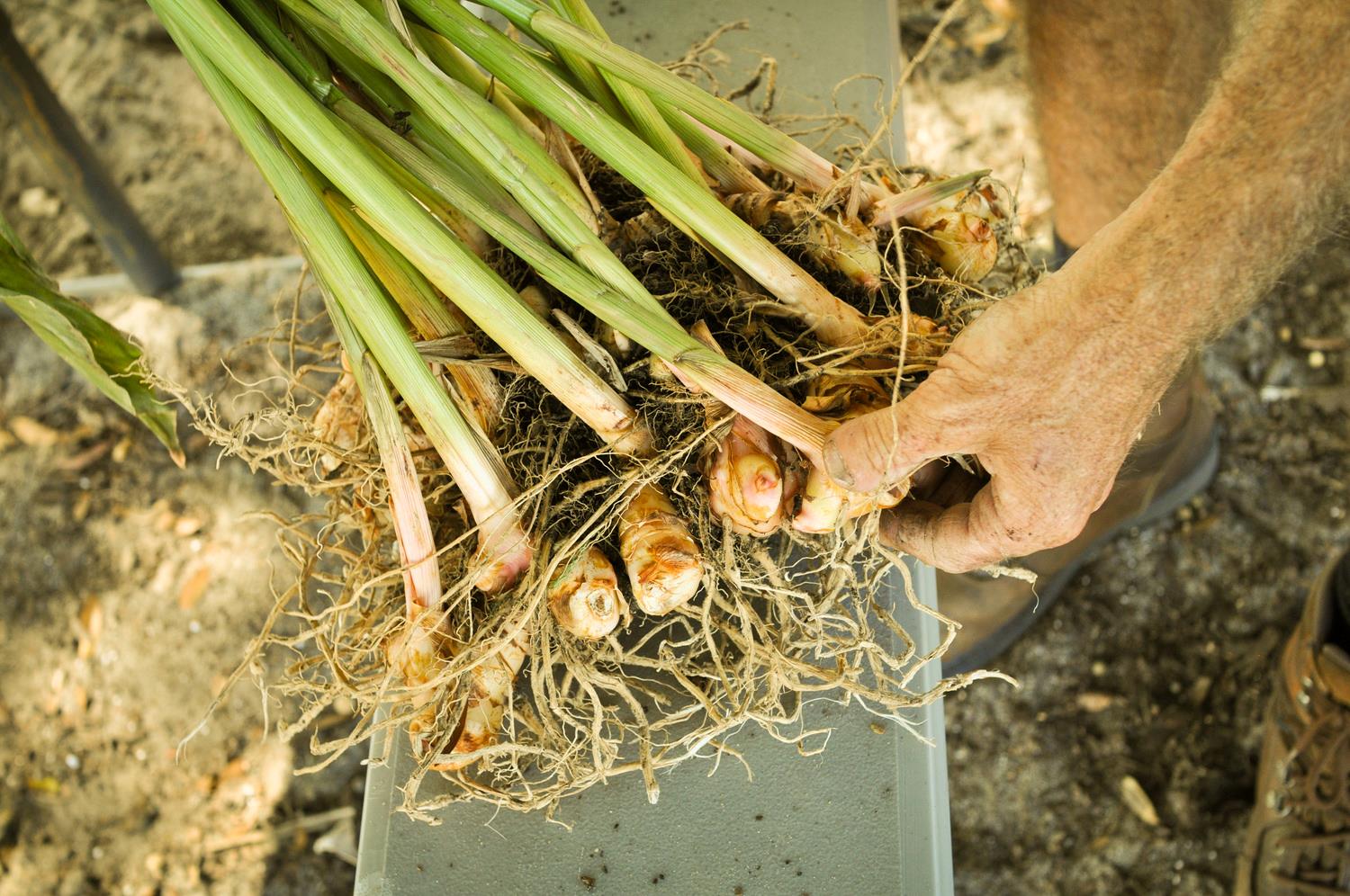
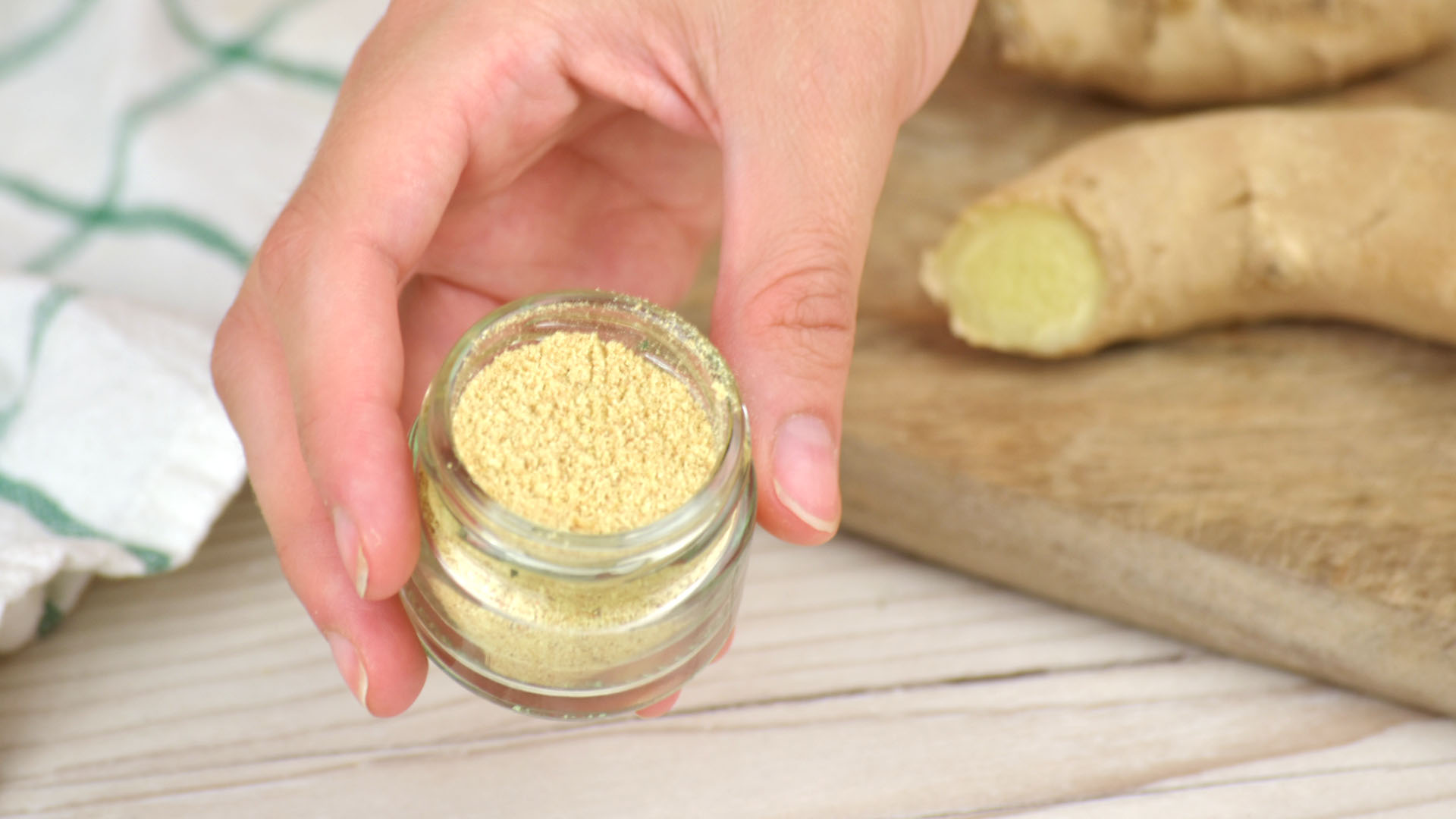
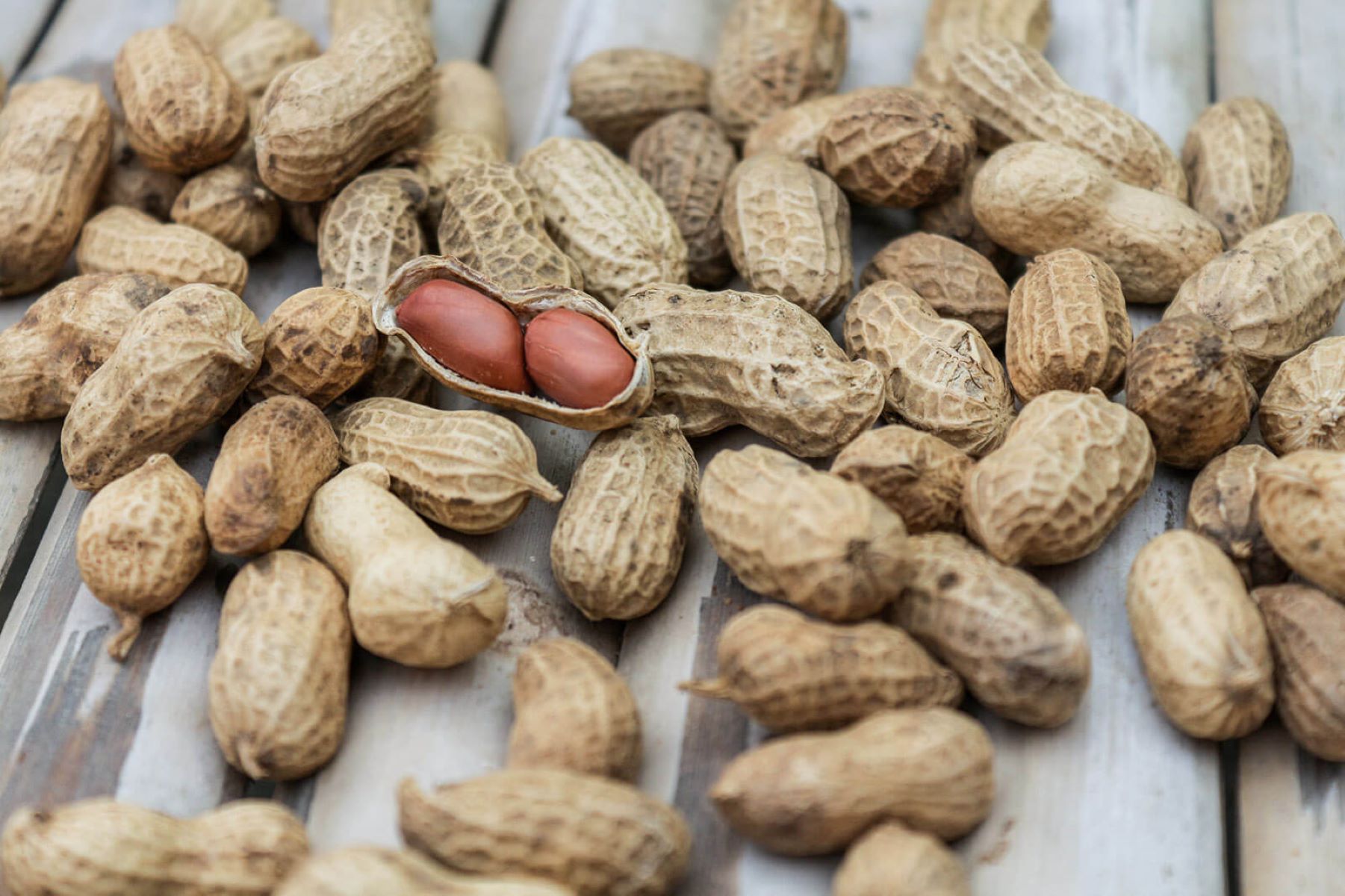
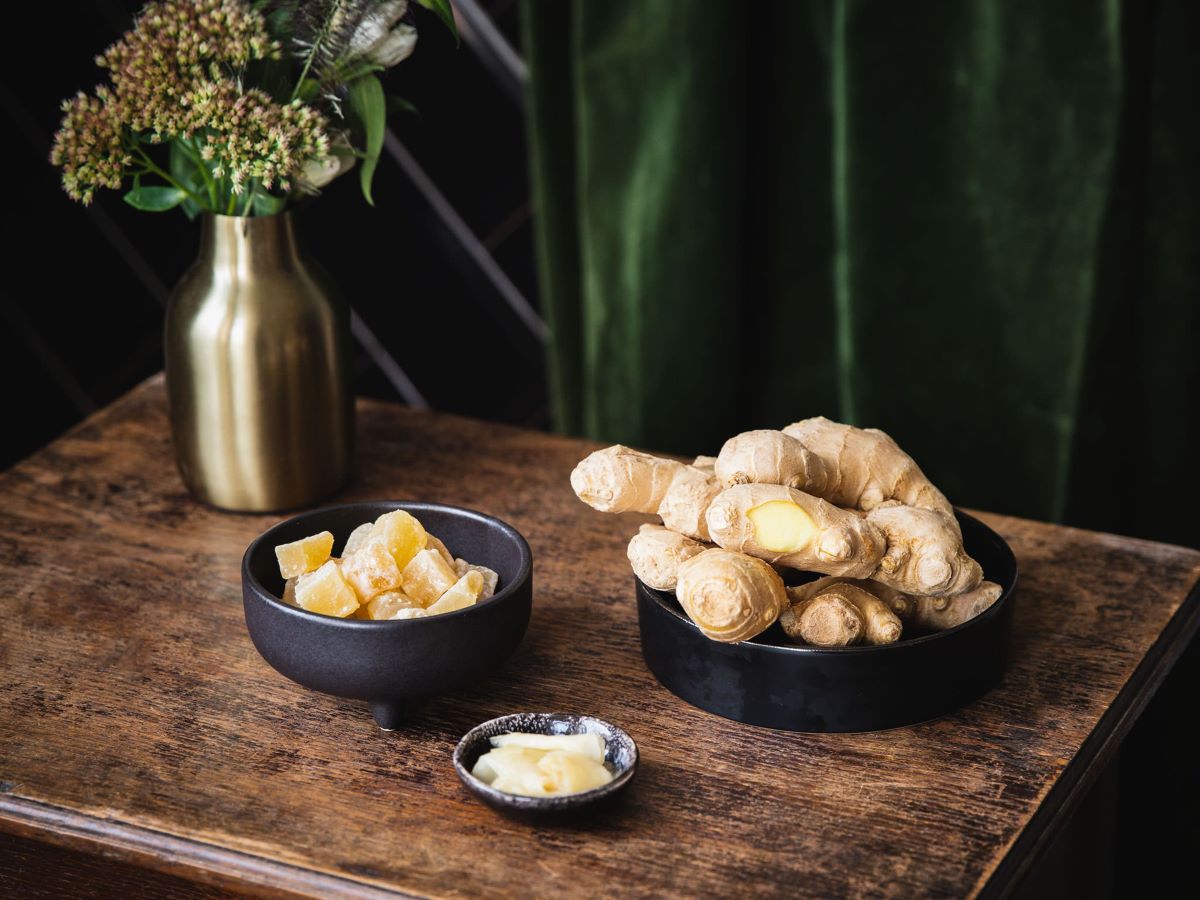
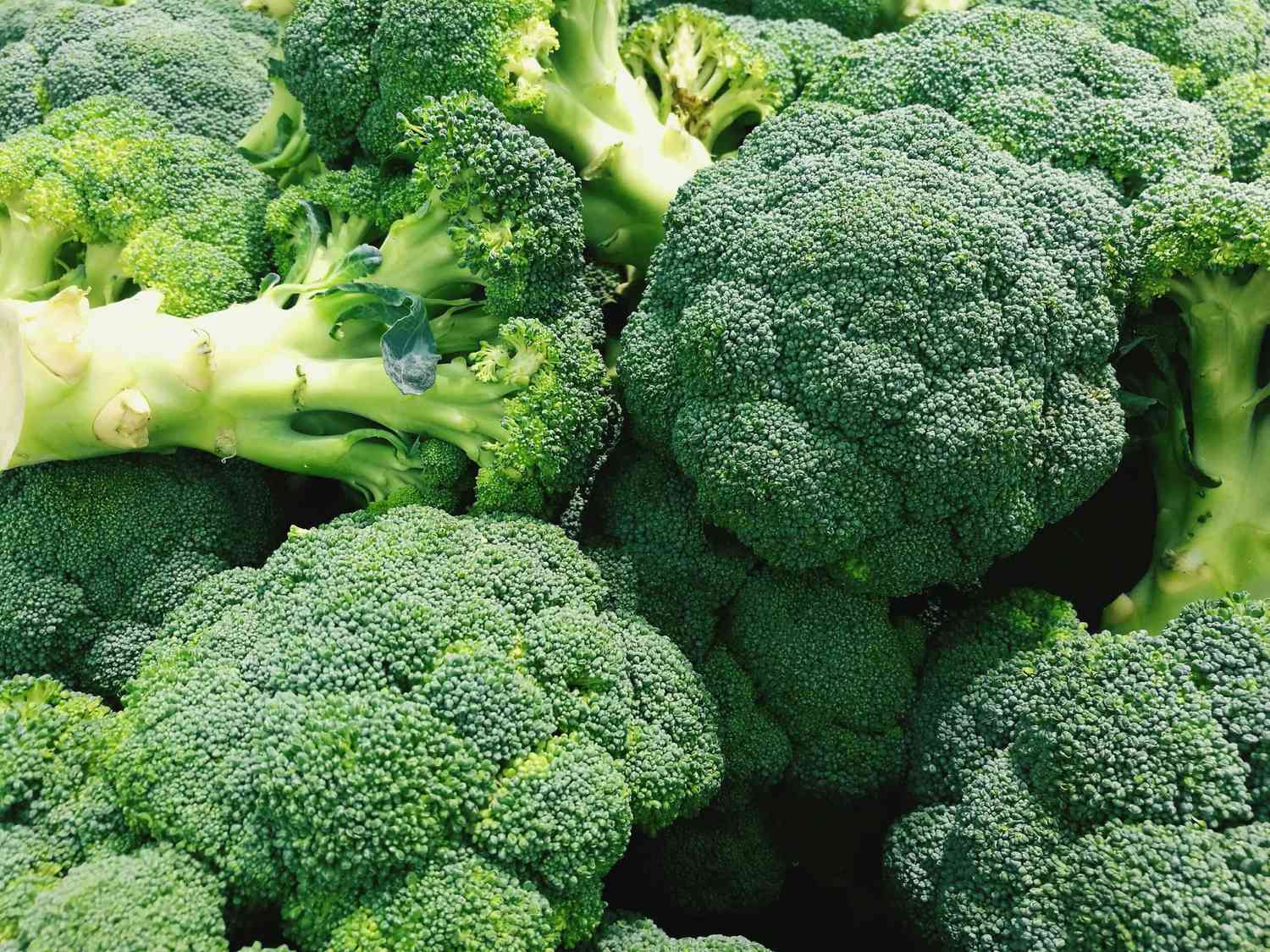

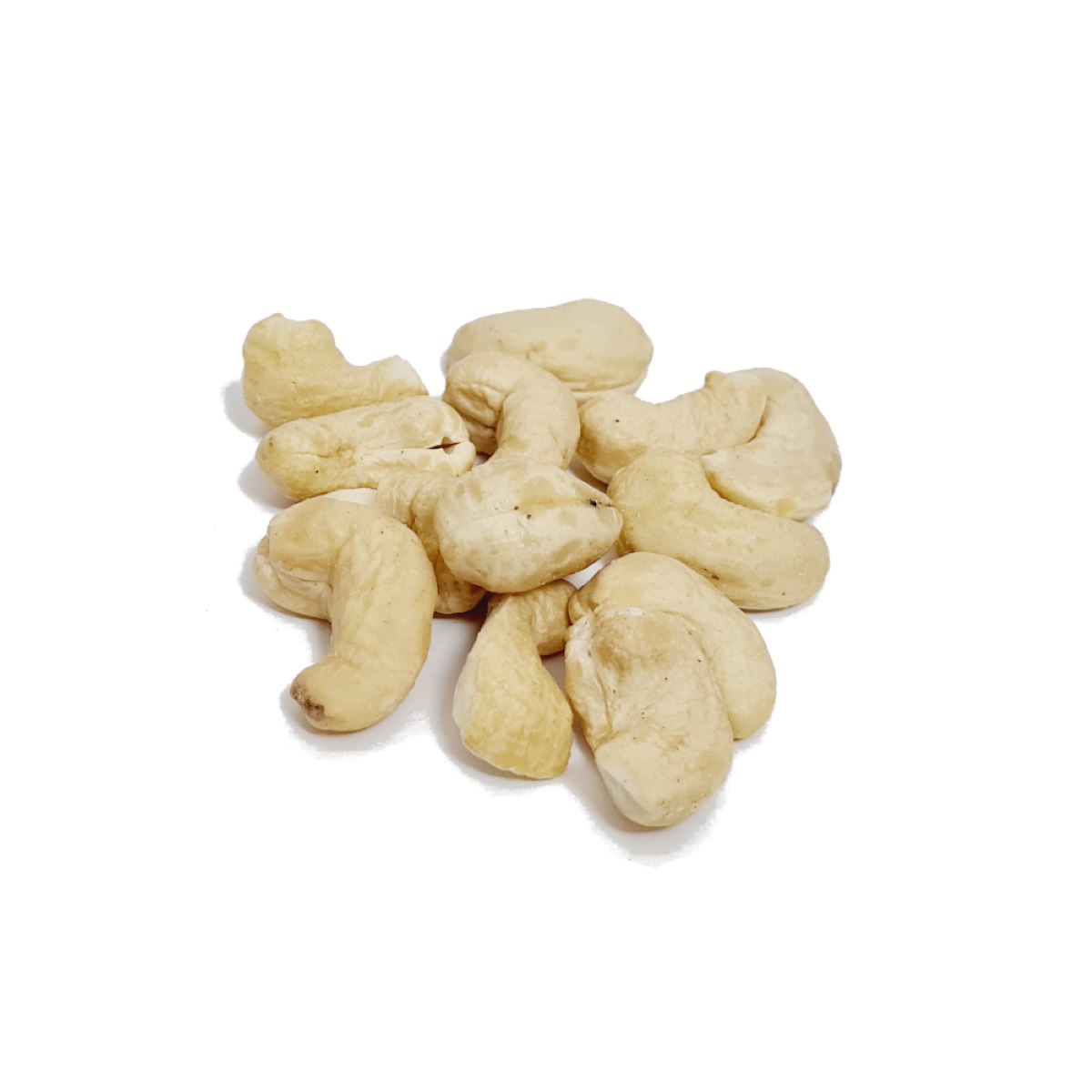
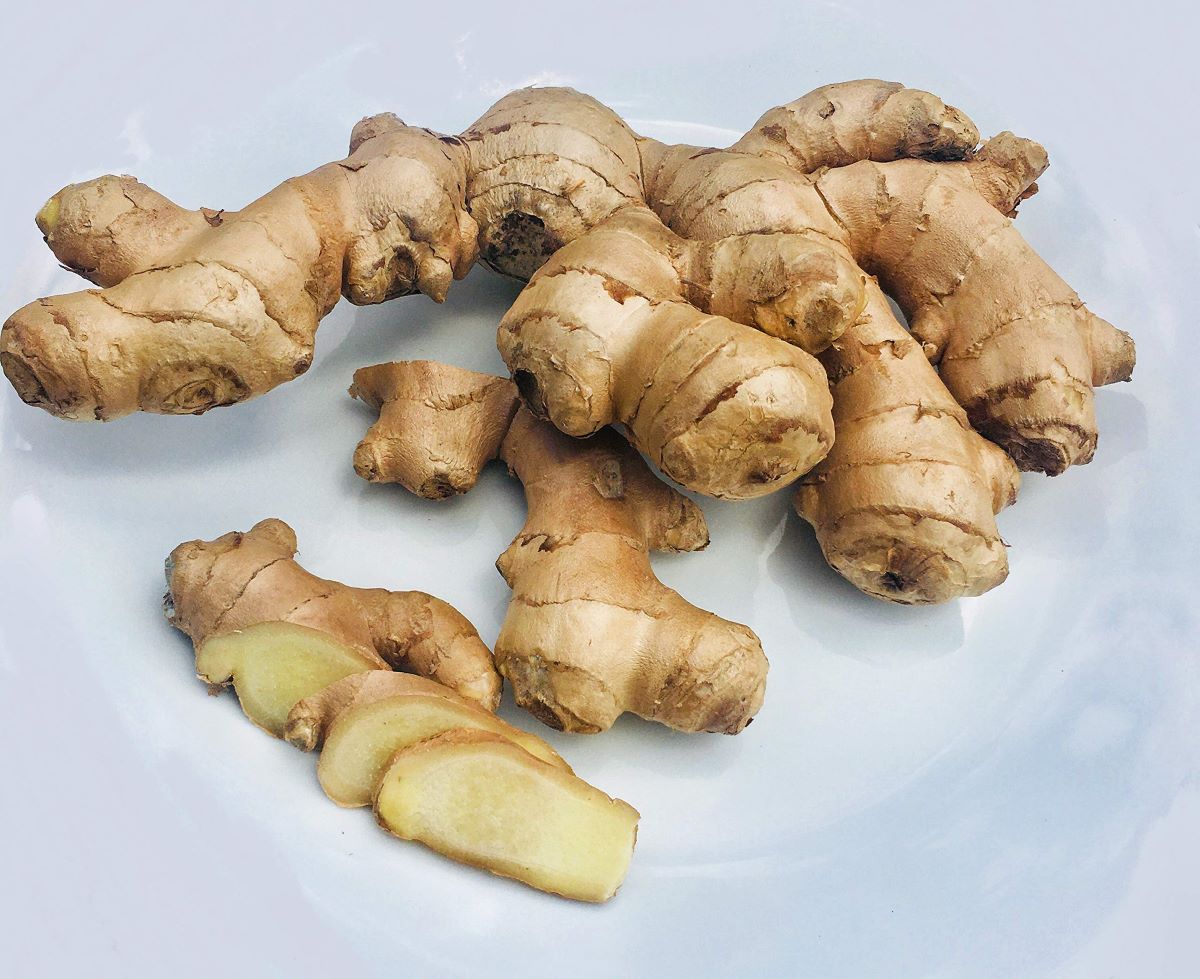
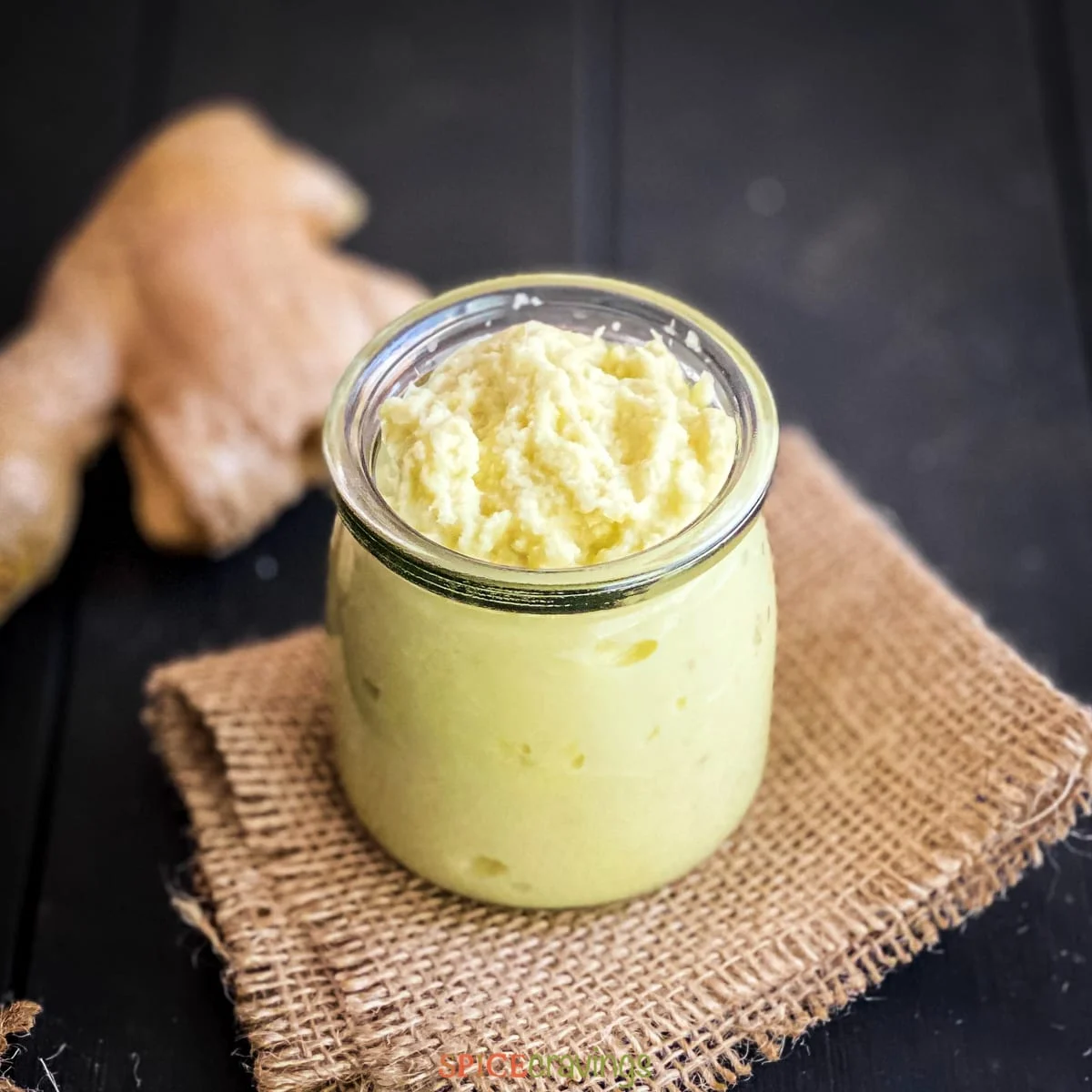
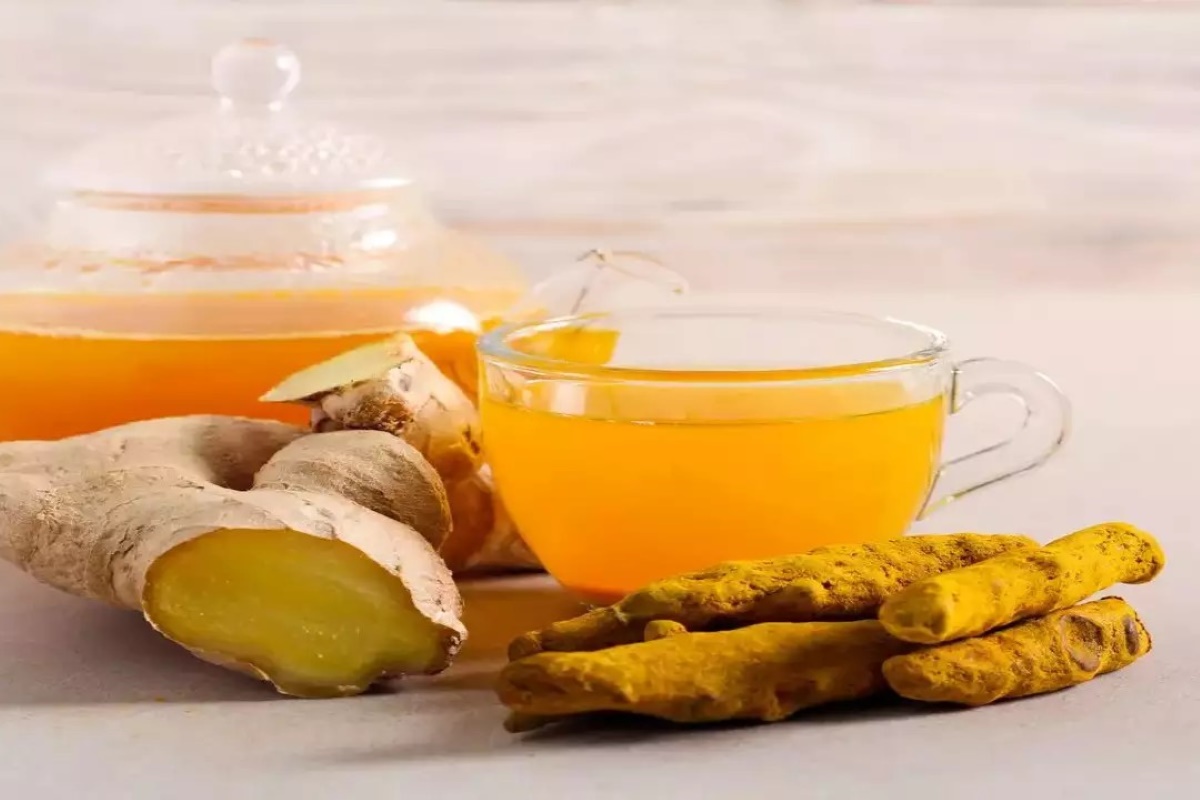
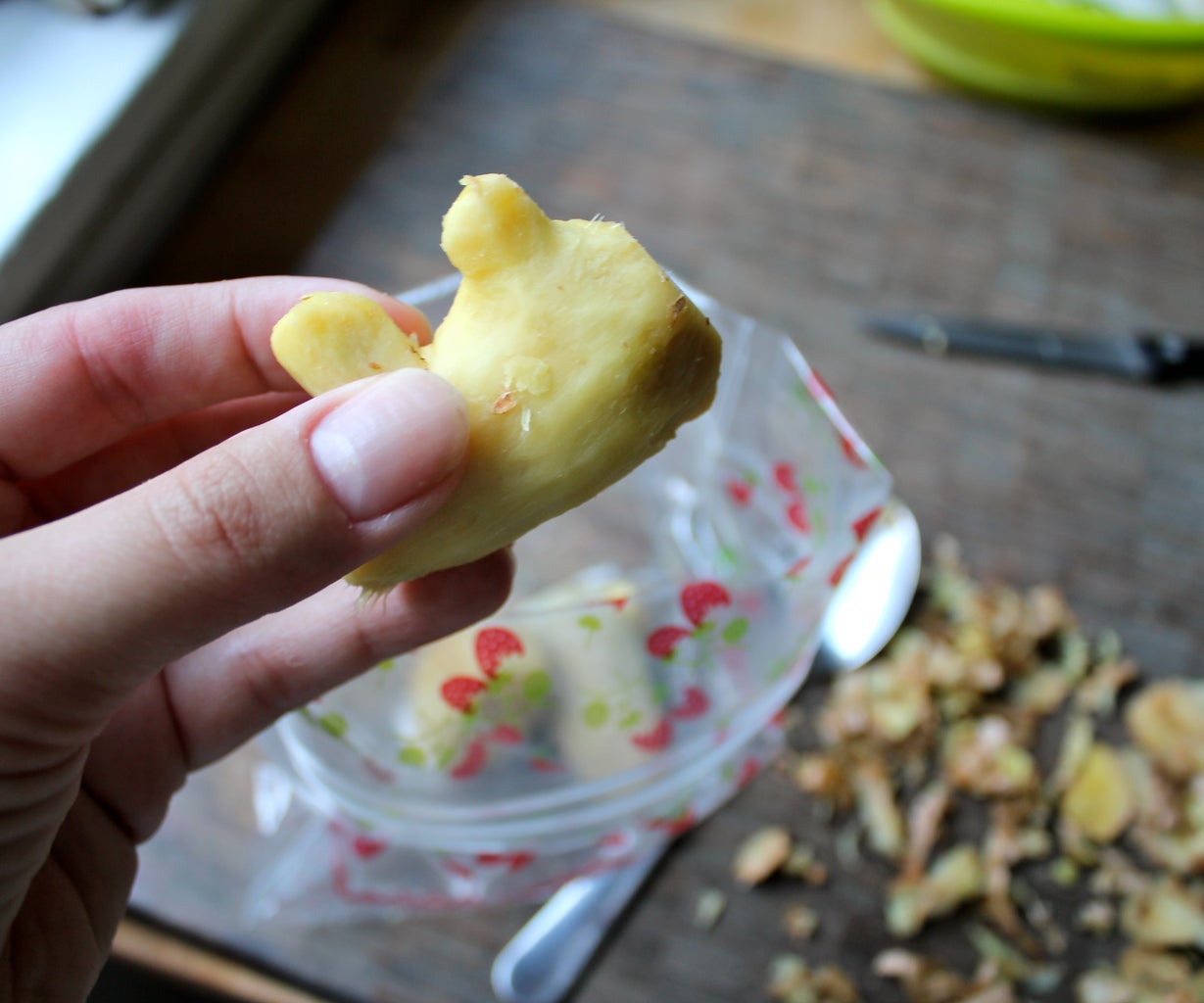
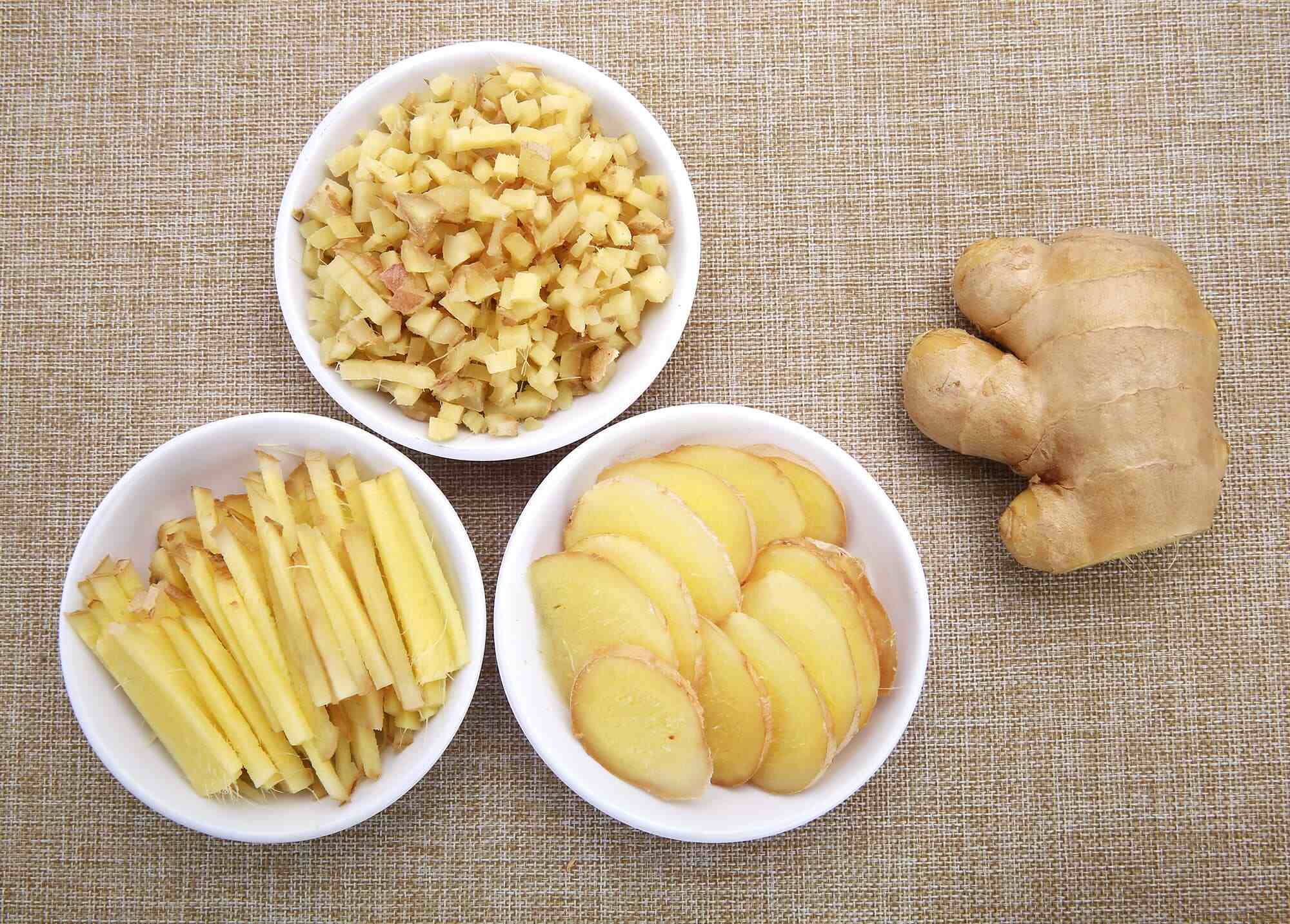

0 thoughts on “How To Store Raw Ginger”